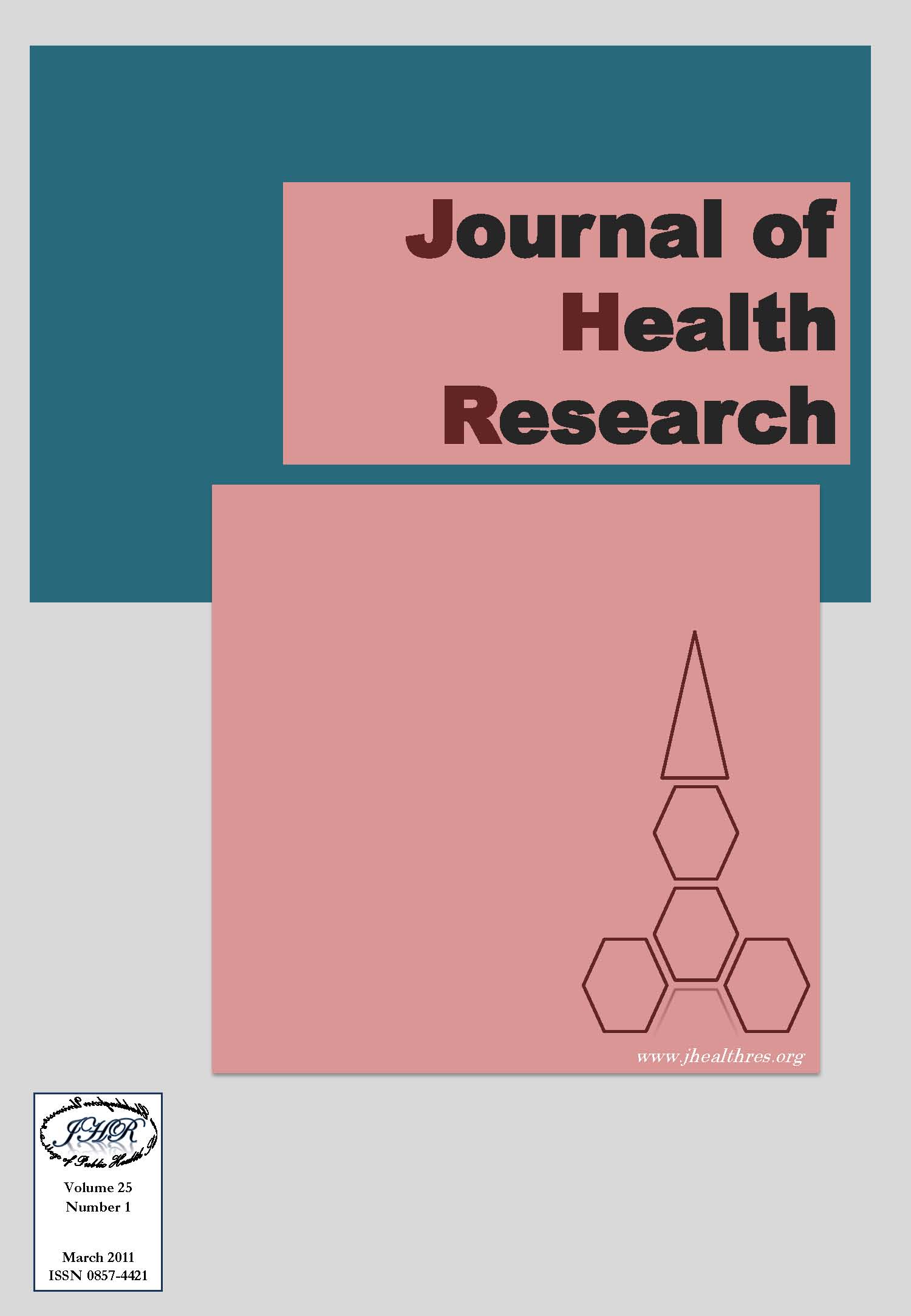Ergonomic Risk Factors and Work Ability among Registered Nurses in Operating Rooms, Bangkok, Thailand
Keywords:
Work Ability, Ergonomic risk factors, Working Posture, Working EnvironmentAbstract
The study aims were to determine work ability of registered nurses in operating rooms in Ramathibodi hospital and to describe the relationship among general characteristics, working characteristics, working posture, work environment, and nurses’ work ability. Based on a cross sectional descriptive study, 112 of 141 the self-administered questionnaires (79.4%) were returned to the researcher. The results showed that most of the nurses had a good work ability (62.5%), very good work ability (13.4%), medium work ability (23.2%), and poor work ability (0.8%). The significantly associated factor for general characteristics with work ability was age (p<0.05). The ergonomic risk factors which covered working characteristics, working posture, physical working environment, and psychological factors were revealed to be significantly associated with work ability (p<0.05). The results showed the relationship between ergonomic and work ability after using stepwise multiple regression analysis. The job strain was significantly associated with work ability (p<0.05). In conclusion, age, working posture, working task, working physical environment, psychological factors affected the work ability among nurses. This suggested that the improvement of working conditions and psychological factors at the workplace will enhance their work ability. Ergonomics intervention should be introduced to avoid awkward posture and to reduce muscular workload and working characteristics and psychological issues must be taken into account.






